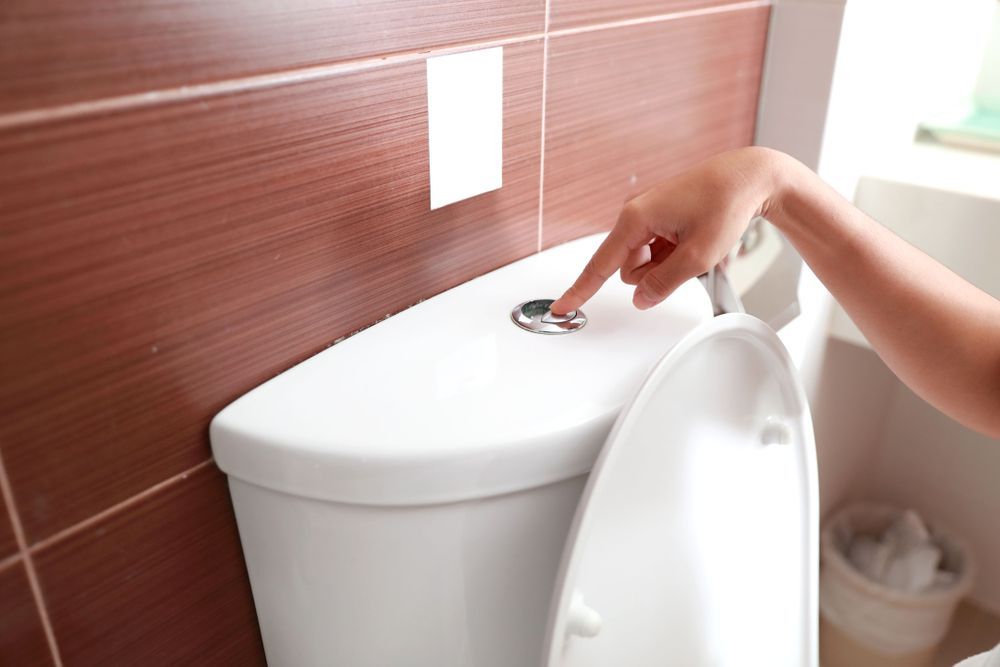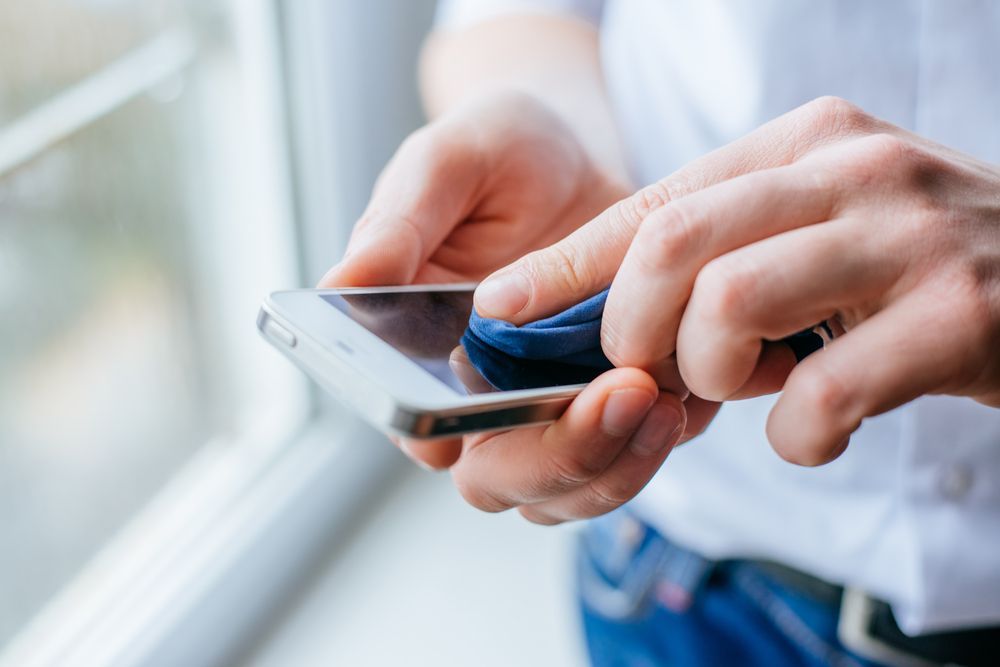Environmental Hygiene
Epidemic prevention at home
Six steps to enter the house
Cleaning and epidemic prevention will inevitably use more water or make a lot of disposable supplies. Paying a little attention to each step can reduce waste.
- Disinfection of shoes: Take off your shoes outside the door, then spray disinfectant alcohol on the soles of the shoes, and then put them into the room after a while.
- Take off the mask: Take off the mask partly (without touching the surface) by holding the rubber band or bandage with both hands, fold the mask inside out, and then discard it to the covered trash can.
- Clean your hands: Wash your hands first, then turn off the water hose, and use liquid soap to thoroughly clean the palms, back of your hands, finger gaps, backs of your fingers, thumbs, fingertips, and all parts of your wrist for 20-30 seconds. Rinse hands thoroughly with water and dry them. The whole process does not need to open the water pipe to avoid waste.
- When bathing and changing clothes, you can also try to save water. Some surveys have found that Hong Kong people bathe for an average of ten minutes, using 10 litres of water per minute, that is, using 100 litres of water. Shortening the bath time to 5 minutes has saved about 50 liters of water.
- Spray disinfectant alcohol on the surface and bottom surface of the mobile phone daily to avoid disposable non-woven cloth disinfection paper towels.
- Due to the opportunity for the new coronavirus to be transmitted through feces, SARS broke out in the building in 2003. One of the reasons was that the U-shaped canal was dried up and could not isolate the air, and the virus returned to the bathroom. Therefore, you can inject water daily to the floor drain in the bathroom to prevent drying out. According to experts’ recommendations, this does not require the use of bleaching water to avoid environmental pollution. Toilet plates should also be covered before flushing.


Source: 綠色和平




